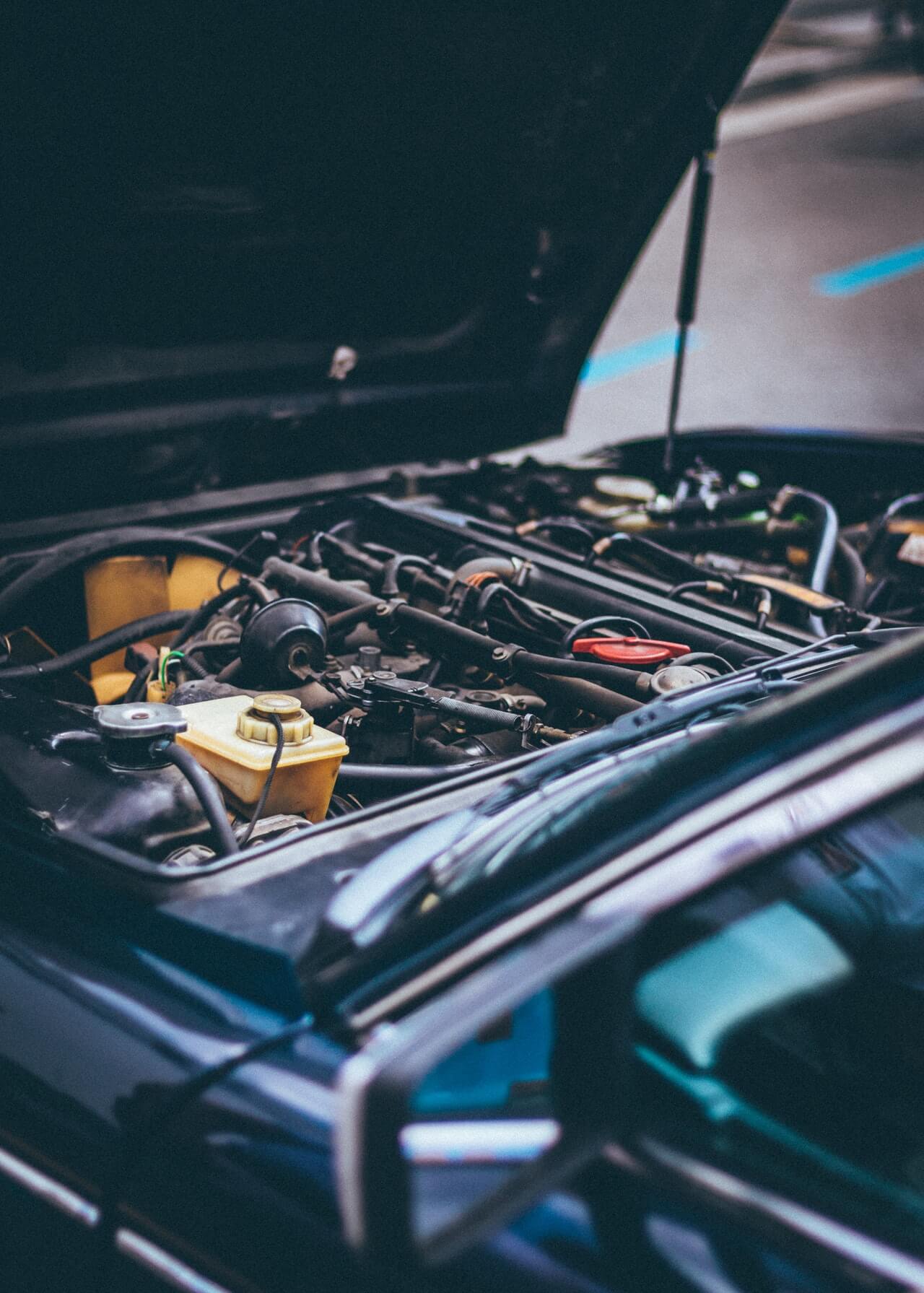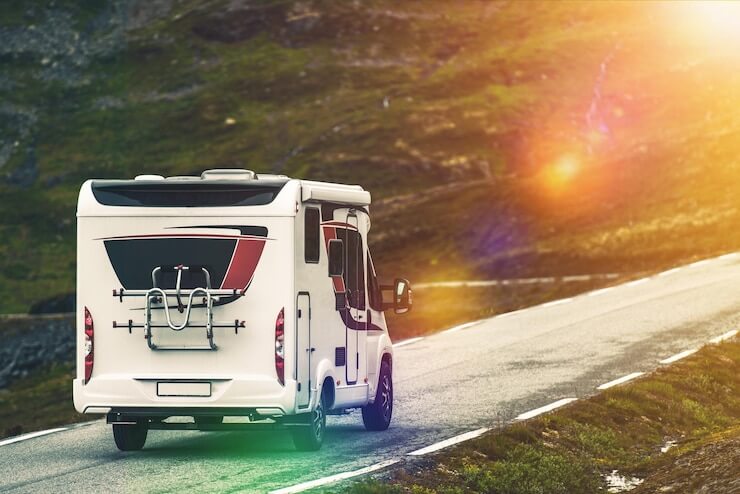Car vs. Marine Batteries: How Do They Differ from Each Other?
Car vs. Marine Batteries: How Do They Differ from Each Other? If you’ve ever owned a car or boat, then you know it’s not uncommon for the battery of your vehicle to be dead. Although it is easy to get your battery started again, you may be unsure of how it all works. It does take some time to learn about batteries in order to replace one when it dies.
You would never consider running your car without a battery, so why would you ever consider taking the same chances with your marine battery? There are so many differences between car and marine batteries that it can be shocking when you really sit down to think about what they are. So, what are their differences?
Your Car Battery
For cars, the battery has one purpose and that is to start the vehicle. This is also the reason they are called starter batteries. Your car’s battery powers the starter motor and ignition system, which is why when your battery is dead, it won’t start at all.
A car’s battery is made from thinner lead plates that are necessary to create the massive initial current to get your vehicle running. Today, these batteries also control the electronic fuel injection and other systems.
It’s crucial you have your car batteries and other connections checked and maintained regularly. Doing so will help you avoid any issues that could cause delays and cost you more money in the long run.
Your Marine Battery
Marine batteries work differently. They supply that initial burst and continuously supply the power for the boat. That said, a marine battery is more critical to the overall boat operation as it powers the pumps, lights and sounds. For this reason, boats come with maritime extras, such as navigation lights, GPS, fish finders and others.
Since marine batteries do more, they are more robust than car batteries; hence, they’re made of thicker lead plates and have a sturdier structure to provide the necessary power. They also need to withstand the vibrations and shaking that come with moving across bodies of water which is why good quality marine batteries that we sell at Batteries Sunshine Coast have connecting bars on the top and bottom of the battery plates.
Car vs. Marine Batteries: How Do They Differ from Each Other?
Now, let’s get down to the nitty-gritty. Car and marine batteries aren’t the same when it comes to the following:
- Construction: Car batteries have thin, closely spaced porous plates, while marine batteries have thick, high-density plates that are joined on the top and bottom of the battery plates..
- Rating: Car batteries are rated in Cranking Amps (CA) or Cold Cranking Amps (CCA),which are measured at 0 degrees celsius, whereas marine batteries are rated in Marine Cranking Amps (MCA), which are tested at 25 degrees celsius.
- Durability: A major difference between car and marine batteries is how both are constructed. Marine batteries use deep cycle battery technology that have a more prolonged discharge.
Conclusion
When we think about batteries, we’re likely to first picture the kind we use frequently: car batteries.
While car batteries and marine batteries can both provide power to our vehicles and other items, they do not function the same. However, both are lead-acid batteries that require proper care and handling when they are being recharged or replaced. These batteries must be routinely checked to ensure that they’re in good working condition.
Batteries Sunshine Coast is a reputable battery shop on the Sunshine Coast. For cheap/reliable car or marine battery replacement, contact us today!





